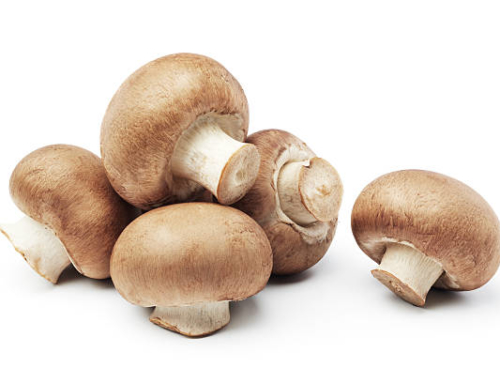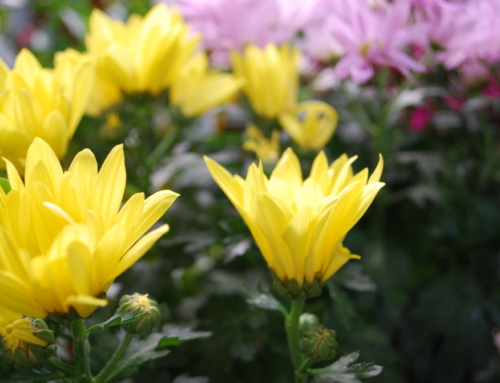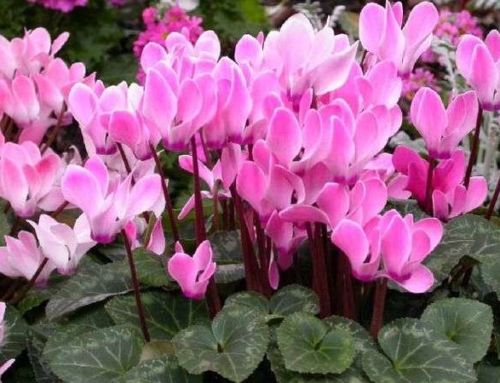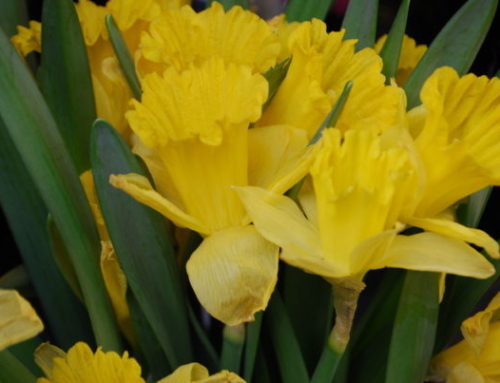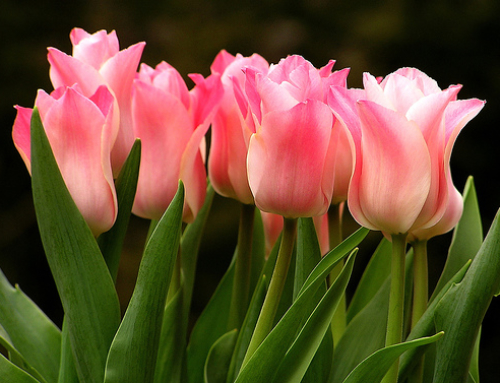If you have any reason to suspect your pet has ingested something toxic, please contact your veterinarian or one of the other resources listed:
• ASPCA Animal Poison Control Center 24-hour hotline at (888) 426-4435
• Pet Poison Helpline® 24-hour animal poison control service at (855) 764-7661
Kalanchoe
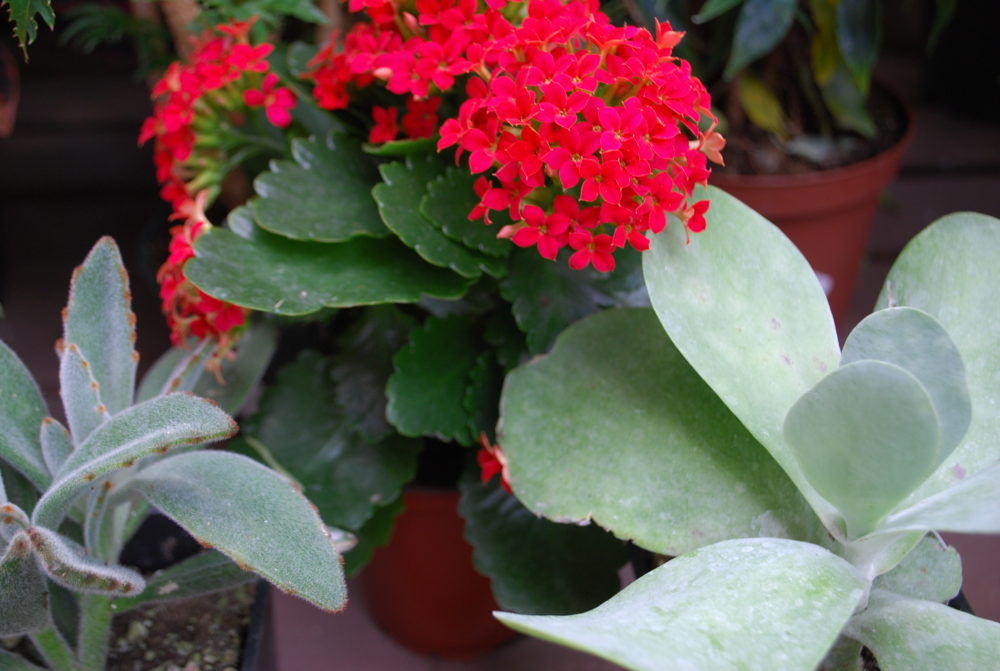
Common Names: Kalanchoe, Airplant, Cathedral bells
Scientific Name: Kalanchoe spp (Crassulaceae)
Kalanchoes are popular ornamental houseplants and succulent garden plants. They are also commonly purchased for decorations during the Chinese New Year. Kalanchoes are toxic to animals and should always be kept out of the reach of pets.
Signs and symptoms of toxicity: Clinical signs seen within hours of ingestion. Signs of toxicity include depression, rapid breathing, teeth grinding, difficulty walking and paralysis.
Toxic consumption: The minimum threshold for toxicity is not known and suspected consumption should be reported immediately.
References:
– Brownie CF. Poisonous Houseplants and Ornamentals. The MERCK Manual Pet Health Edition Web site. http://www.merckvetmanual.com/mvm/toxicology/plants_poisonous_to_animals/houseplants_and_ornamentals.html. Updated May 2012. Accessed May 20, 2015.
Pet Poison Control is provided free as a public service by the American College of Veterinary Pharmacists. Today we’re asking you to support us with a small donation. If you would like to dedicate your gift in honor or memory of a pet or individual, you will have that option before checkout. Your gift of any amount helps us maintain this resource and make it available to the pharmacy and veterinary communities. Thank you!

